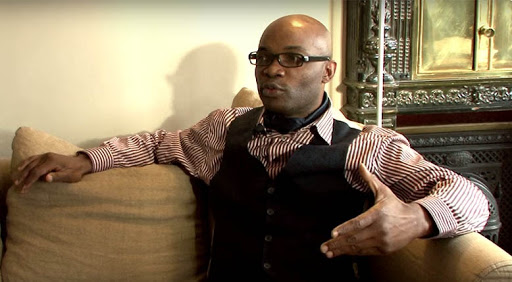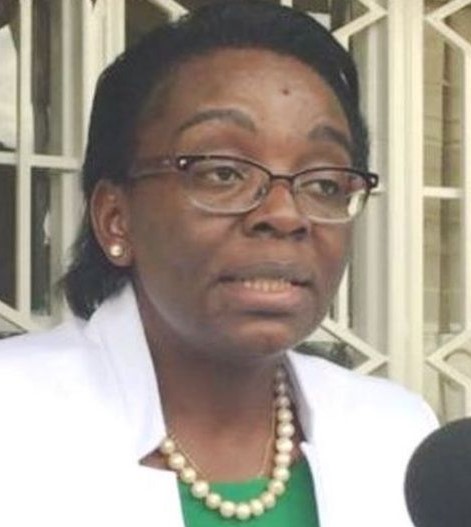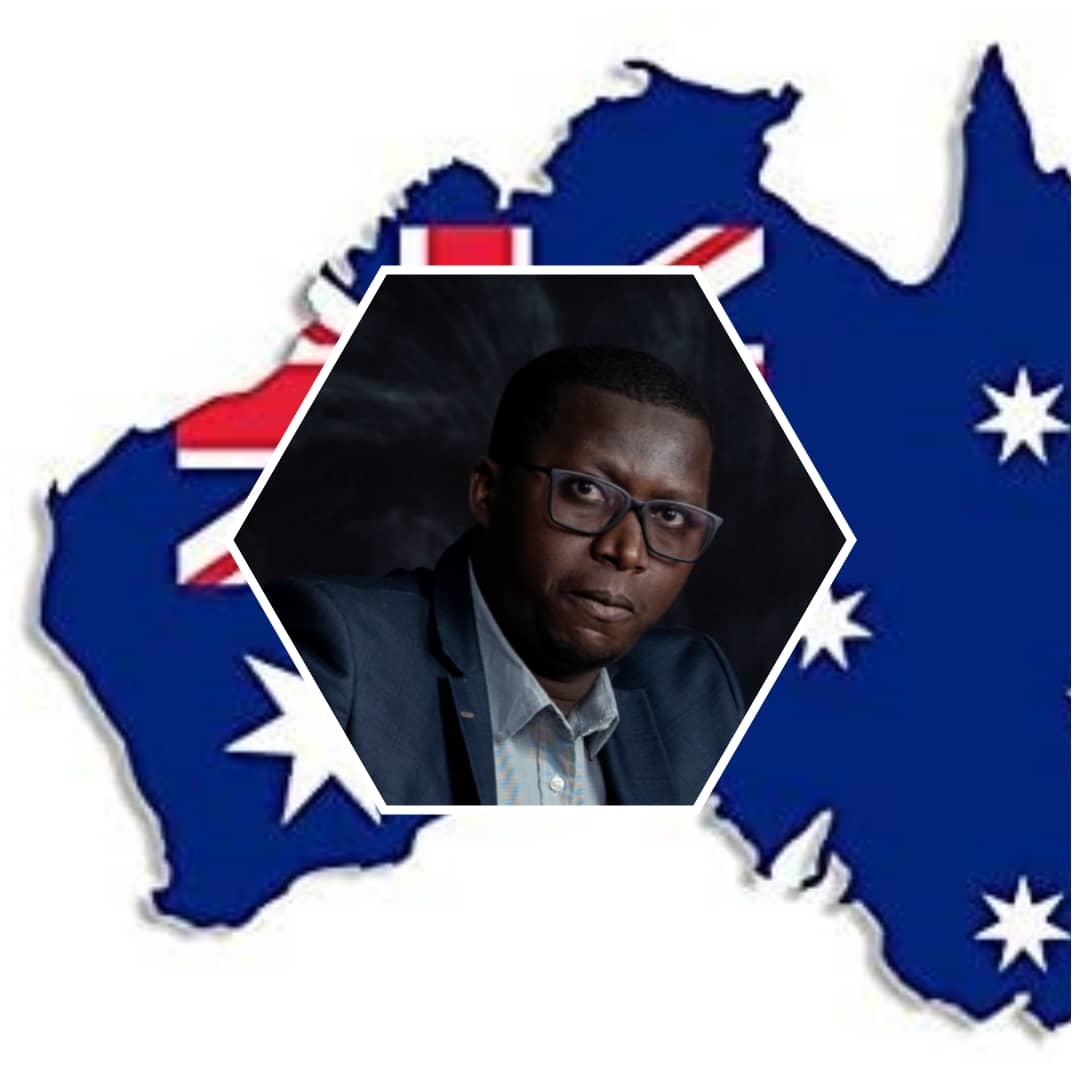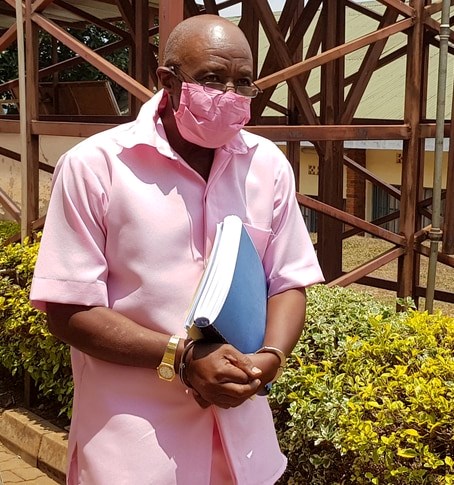International
Of Charles Onana, the opportunist Genocide denier, revisionist

Genocide denial and revisionism is like a contagious
disease. It has affected not only Rwandans, but also many foreigners who do not
have anything to do with Rwanda and our tragic past. Some of these ill-intended
people see in our problems an opportunity to further their career or a stepping
stone to cement their academic credentials.
One such individual is Charles Onana, a Frenchman of
Cameroonian origin who portrays himself as an investigative journalist, and a
political scientist. The rise of this self-styled Rwanda expert came through
disgraceful distortions and falsification of the troubled history of Rwanda and
the region. He also thrives on open racism targeting one ethnic group - the
Tutsi. Onana has made genocide denial and revisionism his career.
Since 2002, Onana has published books about the Great Lakes
region and the tragedies it has experienced. According to historian Jean-Pierre
Chrétien, his publications, from 2002 to 2005, are linked to meetings organised
under the auspices of the French Senate and the
foreign press centres. Those meetings also involve those who blame
various wars and genocide on the Rwandan Patriotic Front (RPF) and the United
States.
In his book, Les
secrets du genocide rwandais: enquête sur les mystères d’un president, co-authored
with Deo Mushayidi - a genocide survivor currently in detention in Rwanda for
terrorism crimes - in 2002, he issues serious doubts about using the word
“genocide” on what happened in 1994. He also blames President Paul Kagame for
the attack on the plane carrying President Juvenal Habyarimana on April 6,
1994. His conspiracy theory is widely discredited.
According to Rene Lemarchand, a French American
geo-political analyst, this book offers nothing new and contains a lot of
biases in favour of Hutu extremists.
In an interview with Spoutnik France a year ago, Onana
claimed that the official version of the 1994 genocide against the Tutsi is
wrong. He pointed out that they (the Rwandan government) wanted to impose a
version which is different from what he saw in the archives in the US and the
United Nations. In the same interview, he rejected the thesis that the genocide
against the Tutsi was planned.
He said that Habyarimana died before the genocide and that the interim genocidaire government never worked with him. But it is well known that the former regime comprised members of extremist parties including the Mouvement Revolutionaire Nationale pour le Development (MRND) of Habyarimana, and members of Hutu factions of opposition political parties.
In an interview with South Radio on April 22, Onana
questioned why 27 years on those responsible for shooting down Habyarimana’s
plane have not been arrested and brought to court. He alleges that the missiles
that downed the plane were manufactured in Russia and were bought by the
Ugandan army. He wonders whether those missiles were given to the RPF or just
stolen.
He blames the RPF for being responsible for the genocide,
and contests the number of one million Tutsi killed. He alleges that, given the
statistics available at the time, more Hutu than Tutsi may have been massacred.
Onana’s revisionism and anti-RPF bias is
more clear when he talks about the Great Lakes region and the Congolese wars.
He said Congolese wars should be understood in the wide context of Kagame’s
long term plan. Onana alleges that Kagame first conquered Rwanda, pushing all
the Hutu to the former Zaire.
He goes on to lie that President Kagame is financing
rebellion in eastern Congo to gain control of its mineral wealth on behalf of
some states and certain multinationals. This is preposterous and shameful.
But more shocking is his essay, “Ces tuers Tutsi au coeur de la tragédie congolaise”, published in
2009, where Onana rehashes the same racist tropes used by Hutu extremists and
extremist publications in Rwanda such as Kangura, prior to the genocide. Those
tropes are built around a conspiracy theory that was very much ripe in Rwanda
and the region.
In his continued negation of the genocide against the Tutsi,
Onana also contests putting the genocide against the Tutsi and the Holocaust on
the same footing. He alleges that there are no similarities because in Rwanda
we had the Hutu and Tutsi fighting for control of power.
It is worth recalling that Onana was a long-time friend of
the discredited French journalist, Pierre Pean, who wrote a racist book, Noires fureurs, blancs menteurs, for
which he was sued by the Rwandan diaspora community in France.
Because of his many provocative and open revisionist and
denialist views, Onana is also currently pursued in France for his contesting
against the crime against humanity: the genocide against the Tutsi. The Rwandan
community in France, together with La
Ligue Internationale contre le racisme et l’anti-semiéisme lodged a
complaint against him in French courts. The matter is yet to be decided.
Onana is typical of non-Rwandans who
embraced wholeheartedly the horrible revisionist agenda, which was initially
devised by the genocidaire regime, and later spread by the genocidaires on the
run. People like him do not care about
the harm they do on genocide survivors just for the sake of pursuing their
egoistic interests.





